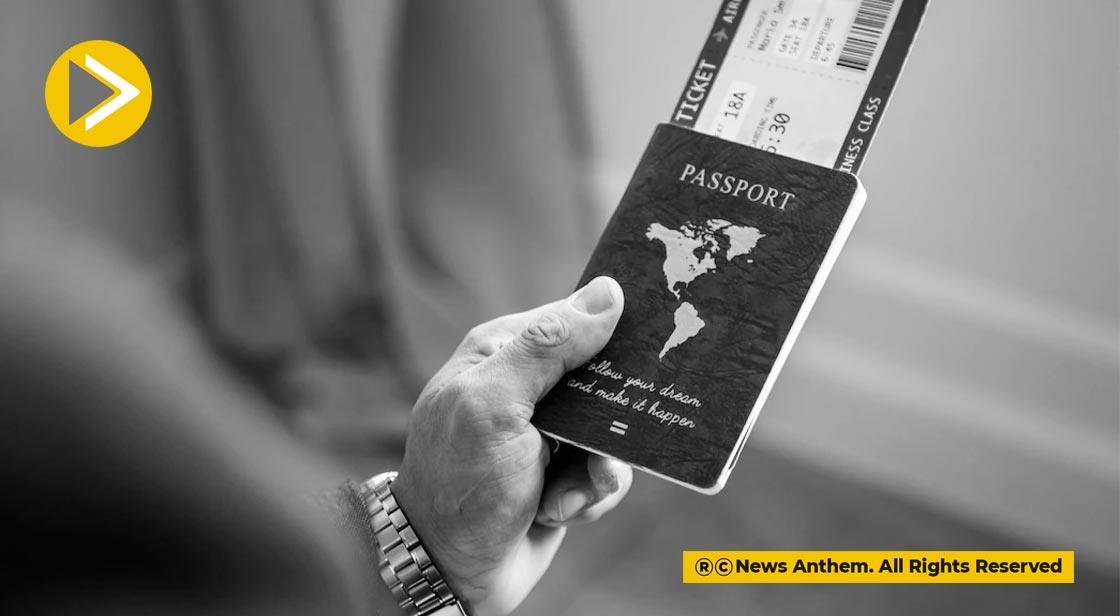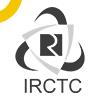H-1B Holders Must Now Attend In-Person Interviews – What This Means for Indians

News Synopsis
The United States Department of State has officially ended the Interview Waiver Programme—commonly known as the Dropbox facility—effective September 2, 2025. This change will require most non-immigrant visa applicants, including those applying for H-1B, L-1, and F-1 visas, to attend in-person interviews at U.S. embassies or consulates.
The decision is expected to create significant challenges for Indian tech professionals, who form the largest group of H-1B visa holders globally. Immigration experts are warning that this policy shift could result in longer wait times for appointments in India, travel disruptions, and even the loss of work authorization for some applicants unable to return to the U.S. in time.
What the Dropbox Facility Meant for Travellers
For years, the Dropbox program offered a major convenience for eligible applicants by allowing them to submit visa renewal documents at a designated center without attending an in-person interview.
Under the updated rules, only certain categories will continue to be eligible for interview waivers, including:
-
Diplomatic and official visa applicants (A-1, A-2, C-3—excluding attendants or servants—G-1 to G-4, NATO-1 to NATO-6, and TECRO E-1).
-
Applicants renewing full-validity B-1, B-2, or B1/B2 visas, or Border Crossing Cards for Mexican nationals, within 12 months of their previous visa’s expiration, provided they were at least 18 years old when their prior visa was issued.
Impact on Indian Tech Professionals
Risk of Losing Work Permits
H-1B visas play a vital role in Silicon Valley, enabling tech giants to recruit top global talent—most of whom are from India.
According to U.S. immigration data:
-
In 2022, Indian nationals received 77% of the 320,000 approved H-1B visas.
-
In fiscal year 2023, Indians accounted for 72.3% of the 386,000 visas issued.
This change could particularly disrupt these workers’ careers.
"This is going to entail a delay in their processing. It can be costly, because [visa holders] may be stuck, for example, in India or China, and they won't be able to get back to work," said Bill Hing, Professor of Law and Migration Studies at the University of San Francisco, speaking to NBC.
Hing also noted that many workers were able to complete renewals within a few weeks under the Dropbox system, but now, approval timelines could extend significantly.
Visa Experts Warn of Longer Wait Times
Kelli Duehning, a partner at BAL immigration law firm in San Francisco, highlighted that delays could be severe:
"We can only anticipate that the wait times at the consulates in India are going to get very, very long. If they don't get an appointment in time, they could lose their work authorisation."
Immigration attorney Audrea Golding from San Jose predicted a surge in in-person interview demand and advised applicants to plan ahead:
"So, it's really important for people to make those plans ahead of time and make sure their applications are fully complete, so there are no delays once they get in front of an officer."
Where the Impact Will Be Felt Most
California—home to over 61,000 H-1B visa holders—is expected to experience significant effects. Top Bay Area employers of H-1B workers include:
-
Meta – 4th largest H-1B sponsor
-
Apple – 5th largest
-
Google – 6th largest
Under current U.S. regulations, the annual H-1B visa cap is 65,000, with an additional 20,000 visas reserved for applicants holding an advanced degree from a U.S. university.
Conclusion
The termination of the Interview Waiver Programme marks a significant shift in U.S. visa processing that could disrupt the travel and employment plans of thousands of skilled workers—especially those from India. With in-person interviews becoming mandatory for most visa categories, applicants must prepare for longer processing times, increased travel requirements, and potential risks to their work status.
For the U.S. tech industry—heavily reliant on H-1B talent—this could mean staffing challenges, project delays, and intensified competition for limited appointment slots. The key takeaway for applicants is early planning and meticulous preparation to navigate the new rules without jeopardizing their careers.
You May Like









